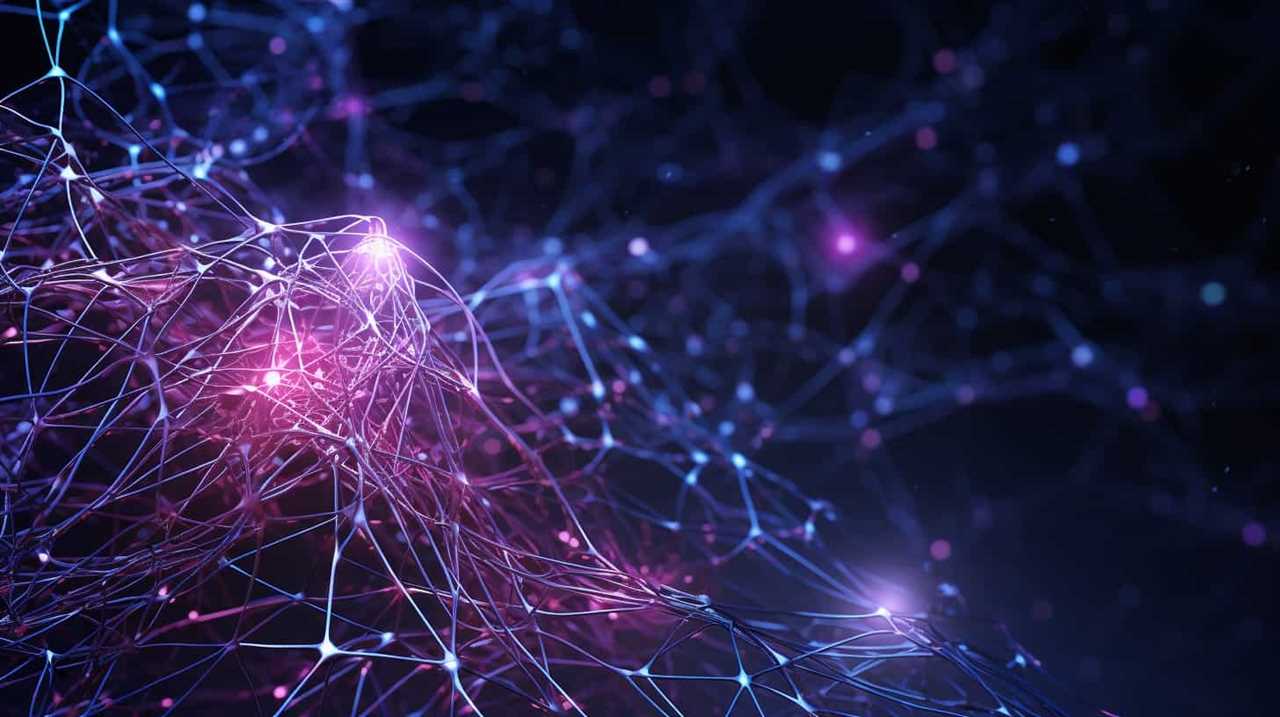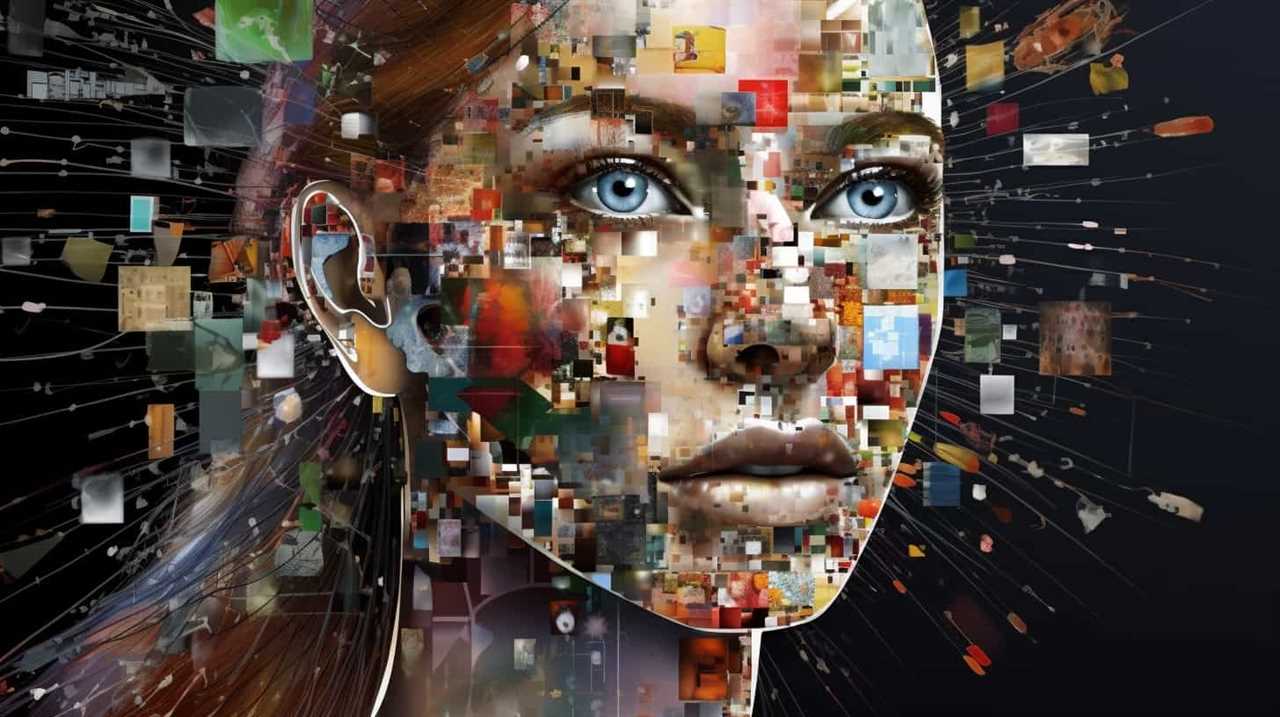The Evolution of AI Security
The evolution of AI security has been driven by advancements in machine learning and data analytics. Machine learning algorithms have played a pivotal role in enhancing the capabilities of AI security systems. By analyzing vast amounts of data and identifying patterns, these algorithms enable AI systems to detect and respond to emerging threats with speed and accuracy.
Real-Time Threat Detection
As an AI security system, the primary function is to detect and respond to cyber threats. In real-time threat detection, advanced machine learning algorithms are utilized to analyze vast amounts of data and identify patterns indicative of malicious activity. This allows for swift identification and neutralization of potential threats before they can cause significant damage.
Enhancing Data Privacy and Protection
To strengthen data privacy and protection, the focus lies in fortifying digital safeguards through advanced AI technologies such as data encryption and identity theft prevention. Data encryption acts as a protective shield by converting data into an unreadable format, preventing unauthorized access. Identity theft prevention measures help detect and prevent fraudulent activities by monitoring user behavior and identifying suspicious patterns.
Securing IoT Devices
In the era of IoT, AI security plays a vital role in safeguarding our digital world. As the number of connected devices grows, AI security faces challenges in securing smart devices to protect against cyber threats and ensure privacy. Scalability of protective measures and addressing ethical implications are key considerations for the future of AI security in IoT.

AI security effectively addresses privacy concerns and ensures data protection by implementing robust data privacy regulations and utilizing advanced AI algorithms for threat detection. It is the silent sentry that safeguards our digital world.
In conclusion, AI security has emerged as a powerful and essential tool in safeguarding our digital world. With its ability to detect and respond to cyber threats, enhance data privacy and protection, and adapt to the ever-growing challenges of the IoT era, AI security offers a promising future.










